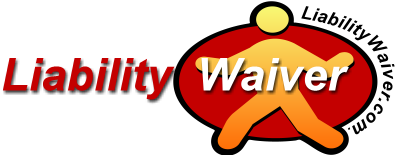Why Do You Need a Release of Liability Form?
Whether you have a small business, or you are organizing a marathon, if there is a risk factor, it is ideal to have members sign a Release of Liability. As the operator or the owner of the game, it frees you from being responsible if someone is harmed or injured. Organizers, business owners, or sponsors of an event usually consider the waiver of liability or the Release of Liability form signed before the exercises start. A Release of Liability is an oral or written affirmation made by the person in charge, who is undertaking a risky quest. In doing this, the person typically surrenders his rights to sue the other party or employee, if he suffers damages, loss, or an injury. Basically, A release of liability form is an acknowledgement to reduce the risks involved in an activity.
When I need to Use a Release of Liability?
- You are the sponsor, host, or organizer executing an event or activity, and want to cut down your liability by having participants or members sign a Release of Liability.
- You are another party, sponsor, host, or organized executing an event or activity, and are thinking about getting short term authority to get medical emergency treatment for customers, incorporating minors.
What Else Do I Need?
If you are using a Release of Liability, then there are chances that you might likewise need Independent contractor agreement, partnership agreement, Contract Amendment, and General contract of services.
Personal Injury
A personal injury Release of Liability Form is one of the most common types of forms. These types of releases are mainly used as a condition for taking part in an action by an organization that serves certain activities. A scuba diving company, an amusement park, a motor rental company, a cruise ship, and more firms might need their employees to sign a personal injury Release of Liability Form.
Bottom Line
A few courts don’t view “Release of Liability” procurements positively in light of the fact that these clauses can possibly permit a careless party to evade liability regarding reckless or negligent behavior. At the end of the day, a Release of Liability Form” attempts to make the waiving party exclusively responsible for all his injuries; regardless of the possibility that those injuries were brought on by the non-waiving party. Due to this, a few courts don’t support “Release of liability” at all while different courts implement with great alertness.
